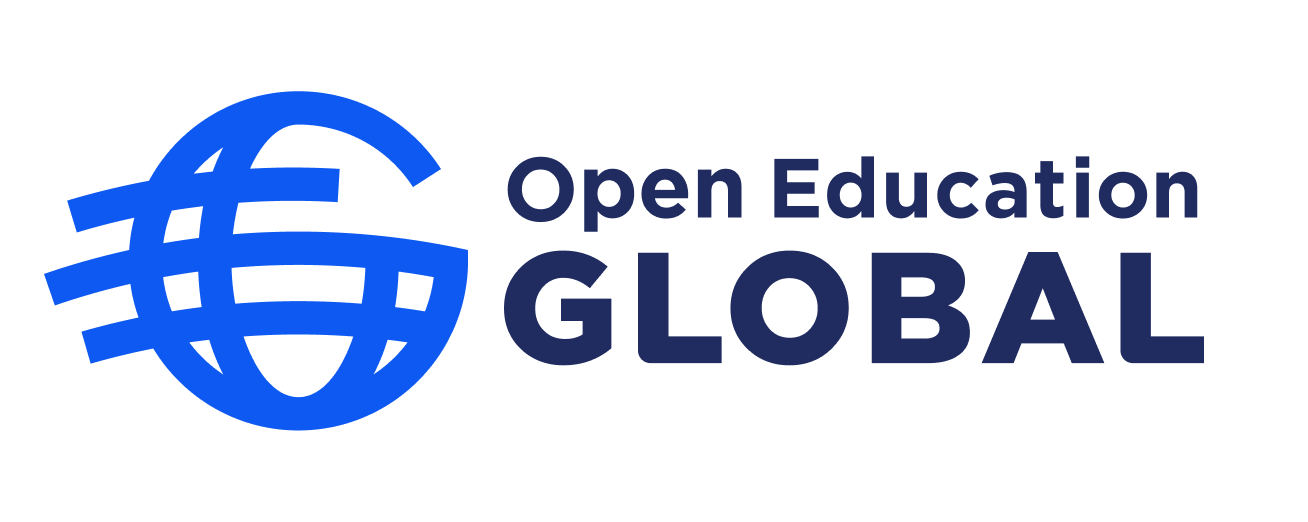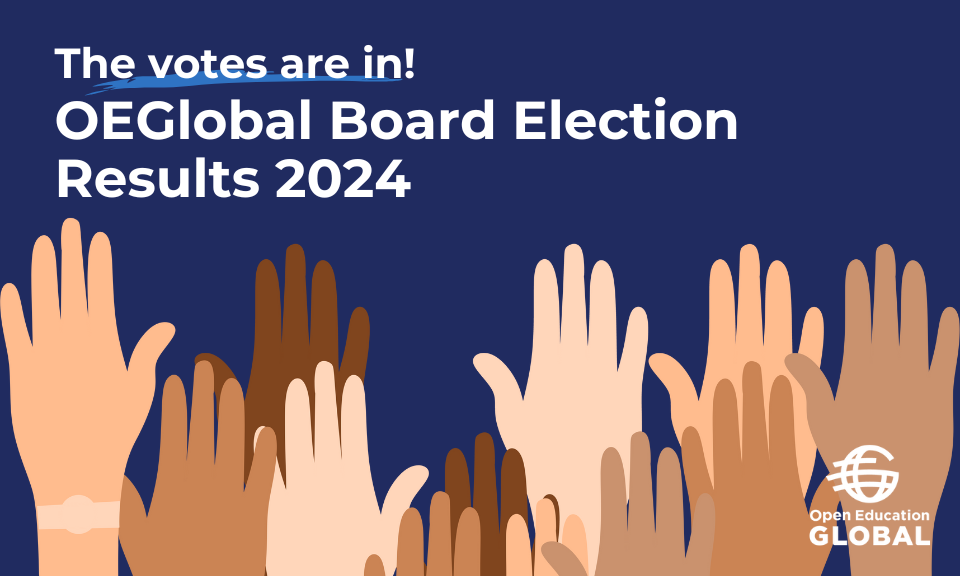The Open Education Global (OEGlobal) Board of Directors is pleased to announce the results of the election of the 2024 Elections. The top five candidates were elected/re-elected to the Board for the 2024-2027 term.
- Votes: 38, Perrine de Coetlogon, France
- Votes: 38, Glenda Cox, South Africa
- Votes: 35, Takaya Yamazato, Japan
- Votes: 34, Maria Soledad Ramirez-Montoya, Mexico
- Votes: 27, Robert Lawson, Canada
Congratulations to these Board members!
The rest of the voting results are as follows:
- Votes: 18, Nawaraj Ghimire, Nepal
- Votes: 18, Beatrice Canales, USA
- Votes: 17, Jim Ross-Nazzal, USA
- Votes: 10, Muhammad Hassan, USA
Forty-seven organizations participated in the elections out of 216 eligible. This amounted to a participation rate of 22% of the OEGlobal Institutional Membership.
The OEGlobal staff and board deeply appreciate Katsusuke Shigeta, the outgoing Board member, for his invaluable input in guiding OEGlobal forward. OEGlobal looks forward to working with newly elected Board members and all members of the open community on advancing open education around the world
Meet The New Board Members
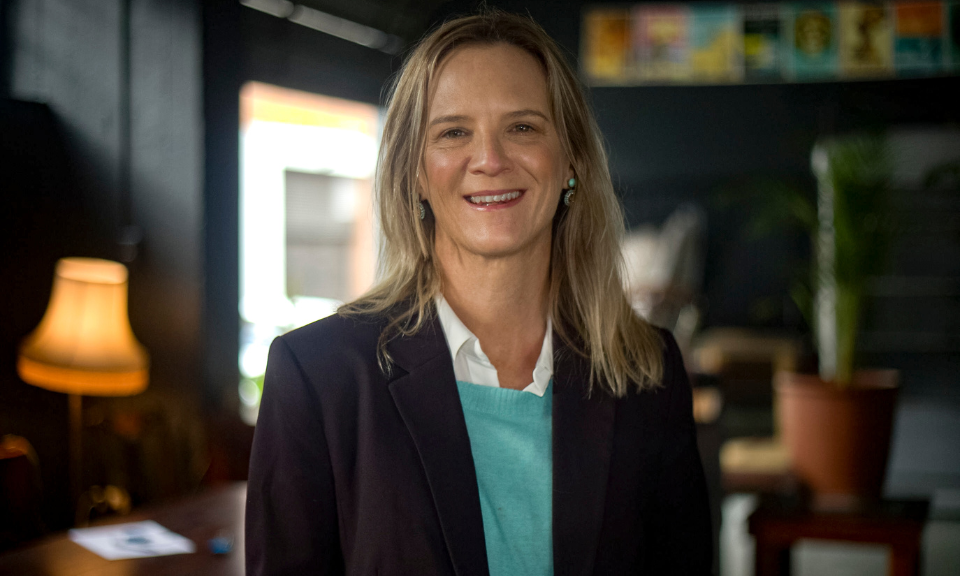
Associate Professor Glenda Cox works in the Centre for Innovation in Learning and Teaching (CILT) at the University of Cape Town. Her portfolio includes postgraduate teaching, Curriculum change projects, Open Education, and Staff development. She holds the UNESCO chair in Open Education and Social Justice (2021-2025) and is a member of the UNITWIN network on Open Education (2024-2028). She is on the editorial board of the International Journal of Students as Partners (joined in 2022). She is passionate about the role of Open Education in the changing world of Higher Education. Associate Professor Cox is currently the Principal Investigator in the Digital Open Textbooks for Development (DOT4D) initiative. Her current research includes analysing the role of open textbooks for social justice.
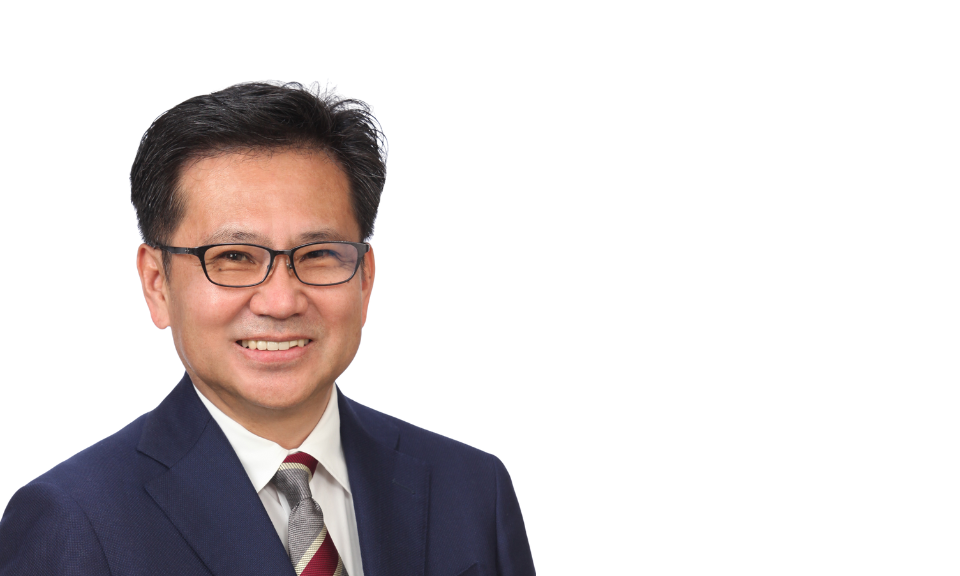
Dr. Takaya Yamazato is a professor and Deputy Director at the Institute of Liberal Arts and Sciences at Nagoya University in Japan. He earned his Ph.D. from the Department of Electrical Engineering at Keio University in Yokohama, Japan, in 1993. From 1993 to 1998, he served as an Assistant Professor at the Department of Information Electronics at Nagoya University. During 1997 to 1998, he was a visiting researcher at the Research Group for RF Communications at the University of Kaiserslautern. In 2006, he received the IEEE Communication Society’s Best Tutorial Paper Award. Dr. Yamazato initiated the Nagoya University OCW in 2005 and has been involved in its management and operation since then. He has been a board member of JOCW since 2005 and is currently a board member of OEJ. From 2016 to 2017, he was a member of the Board of Governors (BoG) of the IEEE Communication Society and served as the Director of the Asia/Pacific Board. Additionally, from 2009 to 2011, he was the editor-in-chief of the Japanese Section of IEICE Transactions on Communications. He also chaired the IEICE Communication Society editorial board from 2020 to 2021. Dr. Yamazato’s research interests encompass visible light communication (VLC), intelligent transport systems (ITS), stochastic resonance (SR), and open educational resources (OER).
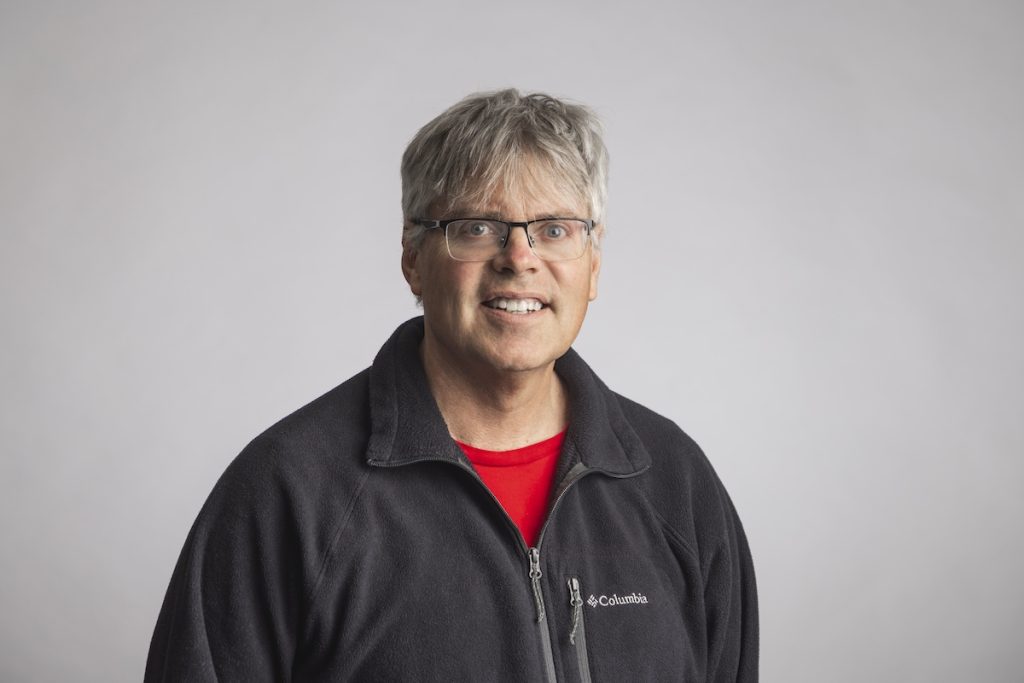
Robert Lawson is an Educational Developer at NorQuest College in Edmonton, where he has been promoting open education since joining the institution in 2016. His early efforts focused on encouraging faculty to integrate open images into their online courses. In 2020, Robert led the Reimagine Higher Education initiative, which envisions NorQuest as a largely textbook-free institution by 2030. The college now has an active textbook publishing program that is producing three open textbooks a year.
Beyond NorQuest, Robert is a prominent advocate for open education, both nationally and globally. In 2019, he organized the Alberta Open Education Spring Summit, bringing together open educators and advocates from across the province. Currently, he is co-director of the Open Education Alberta textbook publishing consortium steering committee. In 2023, he served as program co-chair for the 2023 Open Education Global Conference in Edmonton.
As a member of the Board of Directors, he is excited to have the opportunity to support OEG’s mission of building connections that advance open education on a global basis.
Meet the Reappointed Board Members
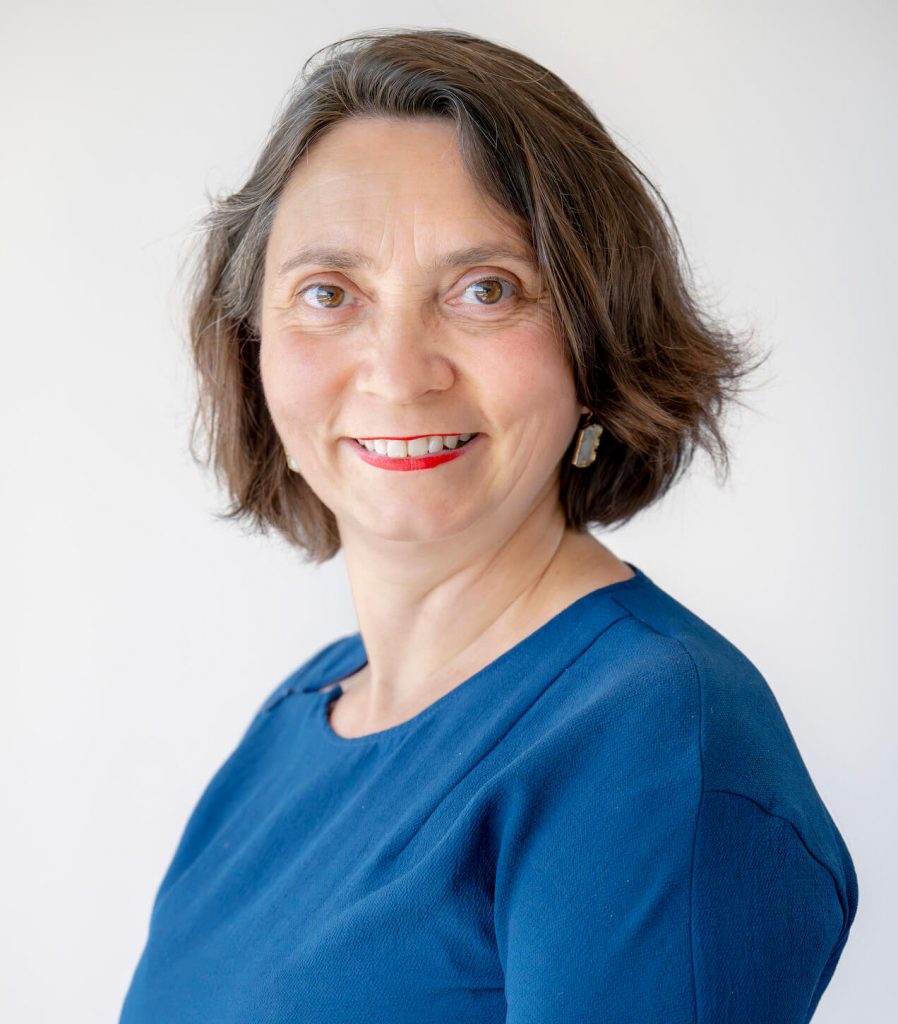
Perrine de Coëtlogon (France)works on Open Education and Digital Identity at the Directorate for Pedagogical Innovation of the University of Lille. She represents the French authorities in the European Blockchain Partnership and leads a public transformation project to gather an eWallet diploma and micro-credentials. She is also in charge of developing open education activities and policies. She has participated in OEGlobal since 2016, when she co-hosted the Open Education Leadership Summit in Paris. She has been a board member of OEGlobal since 2020 when she launched the OEGlobal Francophone online conference and network.
Perrine holds a Master of Law from the University of Paris Saclay (France) and an LLM from the University of Potsdam (Germany). She was a lawyer at the Paris Bar from 2002 to 2009 and the General Secretary of a public interest grouping promoting open education resources in health and sports sciences from 2009 to 2015. Perrine was then a digital expert (Europe and International) at the Ministry for Higher Education, Research and Innovation from 2015 to 2018. She joined the University of Lille in 2018 on Blockchain and Open Education.
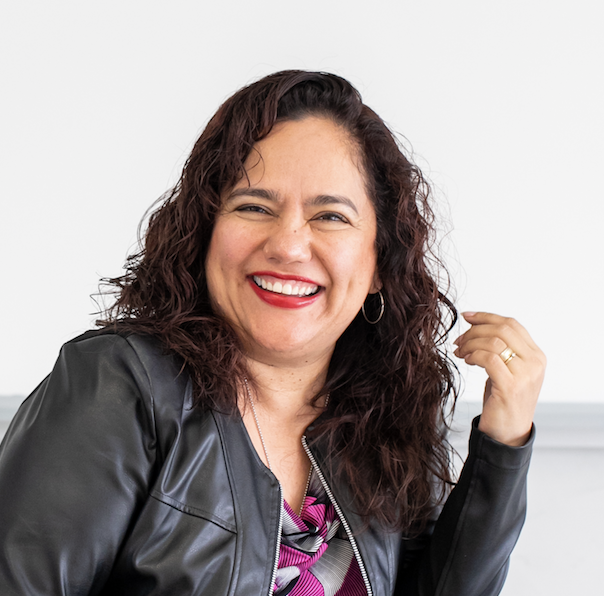
María Soledad Ramírez-Montoya (Marisol) is a senior researcher at the Institute for the Future of Education, Tecnológico de Monterrey (Mexico). She focuses her activities on dynamizing education initiatives through innovation, research, and global sense as a means of social transformation and impact for lifelong learning and sustainable development.
As Chair of the UNESCO Chair: “Open Educational Movement for Latin America”, Marisol (her short name) mobilizes training, production and research initiatives for open education. As Chair of the International Council for Open of Distance Education (ICDE) “OER Latin America”, she promotes activities with research teams to enrich access practices in distance education.
In her academic activities, Dr. Ramirez-Montoya forms talent for education with an emphasis on innovation, educational entrepreneurship, and multidisciplinary research. She leads research groups, establishing rich experiences for the generation of knowledge inspired by teamwork. She coordinates actions for innovation and globalization and generates innovation and research initiatives with national and international networks.
